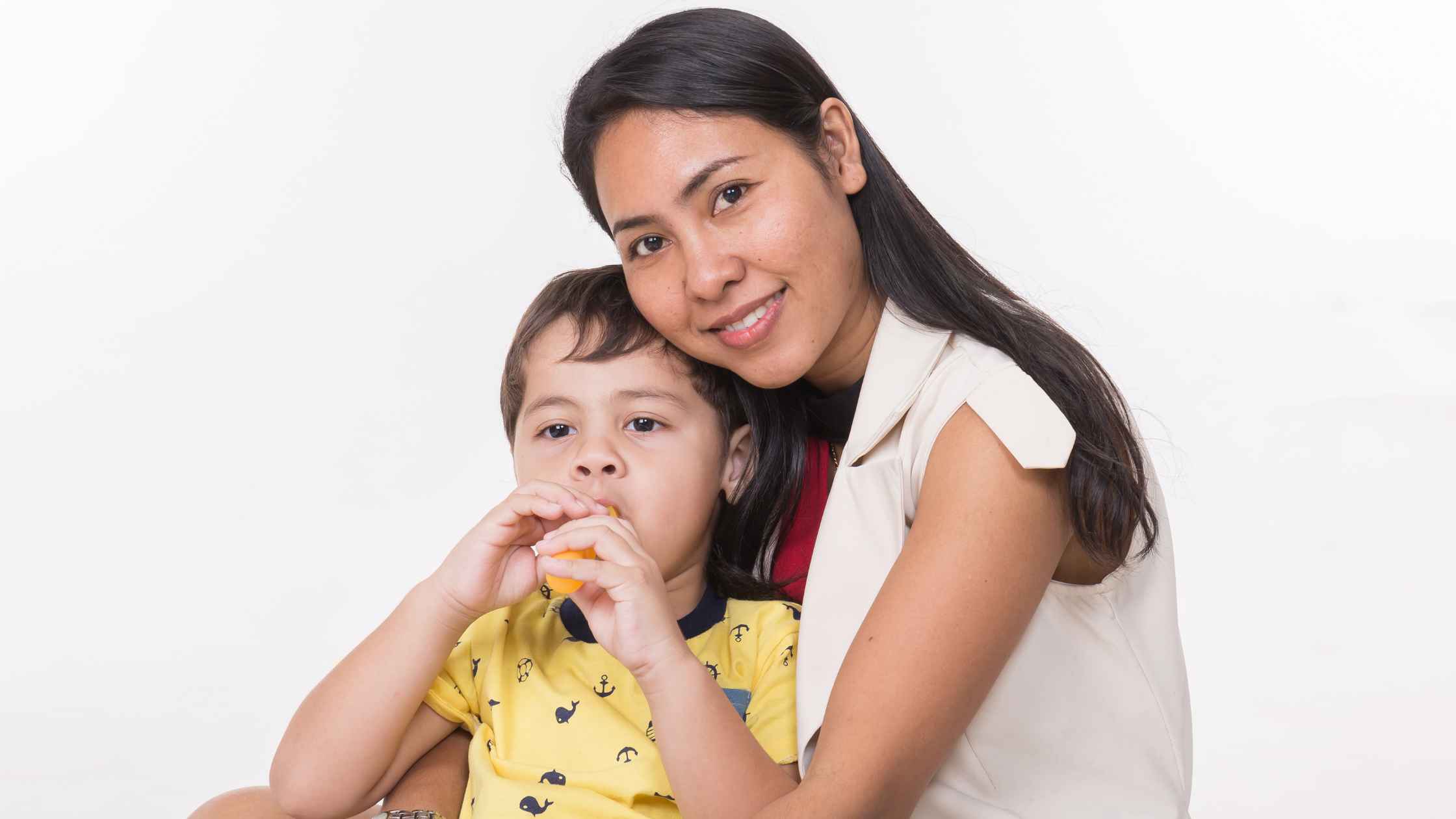Parenting is a delicate balancing act, especially when it comes to discipline.
As parents, we want to raise well-behaved, responsible children, but we also don’t want to be so strict that we damage our relationship with them or stifle their growth.
So how do we find that sweet spot between discipline and nurturing?
In this blog post, we’ll explore the art of effective discipline, the pitfalls of being too strict, and practical strategies to help you raise happy, healthy children who feel safe and loved.
Understanding the Importance of Discipline

Before we dive into the specifics of how to discipline effectively, let’s take a moment to understand why discipline is crucial for a child’s development.
The Purpose of Discipline
Discipline isn’t about punishment or control. At its core, discipline is about teaching and guiding. It’s a way to help children understand:
- Right from wrong
- How to make good choices
- The consequences of their actions
- How to regulate their emotions and behavior
When done correctly, discipline helps children develop self-control, responsibility, and respect for others. It’s an essential part of preparing them for adulthood.
The Consequences of Insufficient Discipline
Without proper discipline, children may struggle with:
- Entitlement
- Lack of understanding about consequences
- Difficulty in relationships
- Challenges in holding down jobs
- Poor emotional regulation
As Professor Lucie Cluver from Oxford University notes, “Parents don’t want to shout or hit their kids. We do it because we’re stressed and don’t see another way.”
However, research shows that harsh discipline methods like shouting and hitting are ineffective and can lead to long-term negative outcomes.
The Dangers of Being Too Strict

While discipline is necessary, being overly strict can have serious consequences for your child’s development and your relationship with them. Let’s explore some signs that you might be too strict and the potential impacts.
Signs You Might Be Too Strict
- You have a long list of rules
- You find yourself saying “no” frequently
- Your child’s life feels disproportionately restricted
- You struggle to find joy in parenting
- You focus more on behavior than on understanding your child’s heart
- You use discipline as a means of control rather than guidance
The Impact of Overly Strict Parenting

Being too strict can lead to several negative outcomes:
- Children may resort to lying to avoid punishment
- It can create a cycle of harsh behavior, potentially leading to bullying
- Children may not understand the reasons behind rules, seeing them as control rather than protection
- It can damage the parent-child relationship, making children feel unsafe or unloved
- In extreme cases, it can lead to rebellion or estrangement in later years
As one teenager shared, “When we don’t feel trusted, we are less likely to open up to our parents. When we feel judged and misunderstood, we don’t ask for help that we desperately need.”
The Principles of Effective Discipline
Now that we understand the importance of discipline and the risks of being too strict, let’s explore how to discipline effectively. The key is to find a balance between setting boundaries and showing love and understanding.
1. Build a Strong Relationship

The foundation of effective discipline is a strong, positive relationship with your child. When children feel loved and secure, they’re more likely to respond positively to guidance.
Tips for building a strong relationship:
- Spend one-on-one time with each child daily
- Listen actively without judgment
- Show affection regularly
- Celebrate their achievements, no matter how small
2. Set Clear Expectations
Children thrive when they know what’s expected of them. Clear, age-appropriate rules help children understand boundaries and make good choices.
Professor Cluver advises, “Telling your child exactly what you want them to do is much more effective than telling them what not to do.” For example, instead of saying “Don’t make a mess,” try “Please put your toys in the box when you’re done playing.”
3. Use Positive Reinforcement

Catch your child being good and praise them for it. This encourages good behavior and reduces the need for discipline.
As Professor Cluver suggests, “Watch out for when they’re doing something good and praise them, even if that thing is just playing for five minutes with their sibling.”
4. Implement Logical Consequences

When rules are broken, use calm, logical consequences that are related to the misbehavior. This helps children understand the impact of their actions.
For example, if a child refuses to wear a coat, the natural consequence might be feeling cold when they go outside. This teaches them the importance of dressing appropriately better than an arbitrary punishment would.
5. Practice Consistency
Consistency is key in discipline. When rules and consequences are consistently enforced, children learn to trust and respect the boundaries you’ve set.
6. Focus on Teaching, Not Punishing

Remember, the goal of discipline is to teach, not to punish. When your child misbehaves, use it as an opportunity to teach them about making better choices.
Practical Strategies for Effective Discipline
Now that we’ve covered the principles, let’s look at some practical strategies you can implement in your daily parenting.
1. Use Time-Ins Instead of Time-Outs

Instead of isolating a child when they misbehave, try a “time-in.” Sit with your child, help them calm down, and discuss what happened and how to make better choices next time.
2. Implement a Reward System
Create a simple reward system for good behavior. This could be a sticker chart for younger children or a point system for older ones. Rewards don’t have to be material – they could be extra playtime with you or choosing the family movie for movie night.
3. Practice Active Listening

When your child misbehaves, take the time to listen to their side of the story. Often, understanding their perspective can help you address the root cause of the behavior.
4. Use “When-Then” Statements
Instead of making demands, try using “when-then” statements. For example, “When you’ve finished your homework, then you can watch TV.” This gives children a sense of control and motivates them to complete tasks.
5. Offer Choices

Giving children choices within acceptable boundaries can reduce power struggles. For instance, “Would you like to wear the red shirt or the blue shirt today?”
6. Model Good Behavior
Children learn by example. If you want your child to speak respectfully, manage their emotions well, and make good choices, model these behaviors yourself.
Balancing Discipline with Love and Understanding

Effective discipline isn’t just about rules and consequences – it’s about creating an environment where children feel safe, loved, and understood, even when they make mistakes.
Creating a Safe Space
As one parent shared about her grandfather, “He just made me feel so…so safe. He was kind. He never raised his voice. He always had a patient answer to the questions I had. He was gentle. He was…safe.”
This is the goal we should aim for as parents. Even when disciplining, our children should feel safe and loved.
Understanding Your Child’s Perspective

Remember that children are still learning and developing. What might seem like willful disobedience could be a lack of understanding, inability to control impulses, or an unmet emotional need.
As Emily Edlynn, PhD, a clinical psychologist and mom of three, advises, “To support a teen’s healthy development while maintaining healthy boundaries, ask open-ended questions to understand their perspective and collaborate with them on ways to modify household rules and expectations.”
Practicing Self-Care

Effective discipline requires patience and emotional regulation – which can be challenging when you’re stressed or exhausted. Make sure to take care of yourself so you can be the parent your child needs.
Professor Cluver suggests, “Take some time for yourself, such as when the kids are asleep, to do something that makes you feel happy and calm. It’s really hard to do all the things right as a parent when you haven’t given yourself a break.”
Conclusion: The Journey of Parenting
Parenting is a journey, not a destination. There will be times when you get it right, and times when you make mistakes. The key is to keep learning, growing, and striving to be the best parent you can be.
Remember, as Hillary Gruener wisely notes, “Parenting isn’t about perfection. It’s about making our children feel safe. Safe to share their hearts. Safe to be instructed and disciplined. Safe to know that whatever they do, whoever they are, they will be loved unconditionally by you.”
By balancing discipline with love and understanding, you can create a home environment where your children feel secure, valued, and equipped to face the world. It’s not always easy, but it’s always worth it.
We’d love to hear your thoughts and experiences. How do you balance discipline and nurturing in your parenting? What strategies have worked well for you? Share your insights in the comments below!




